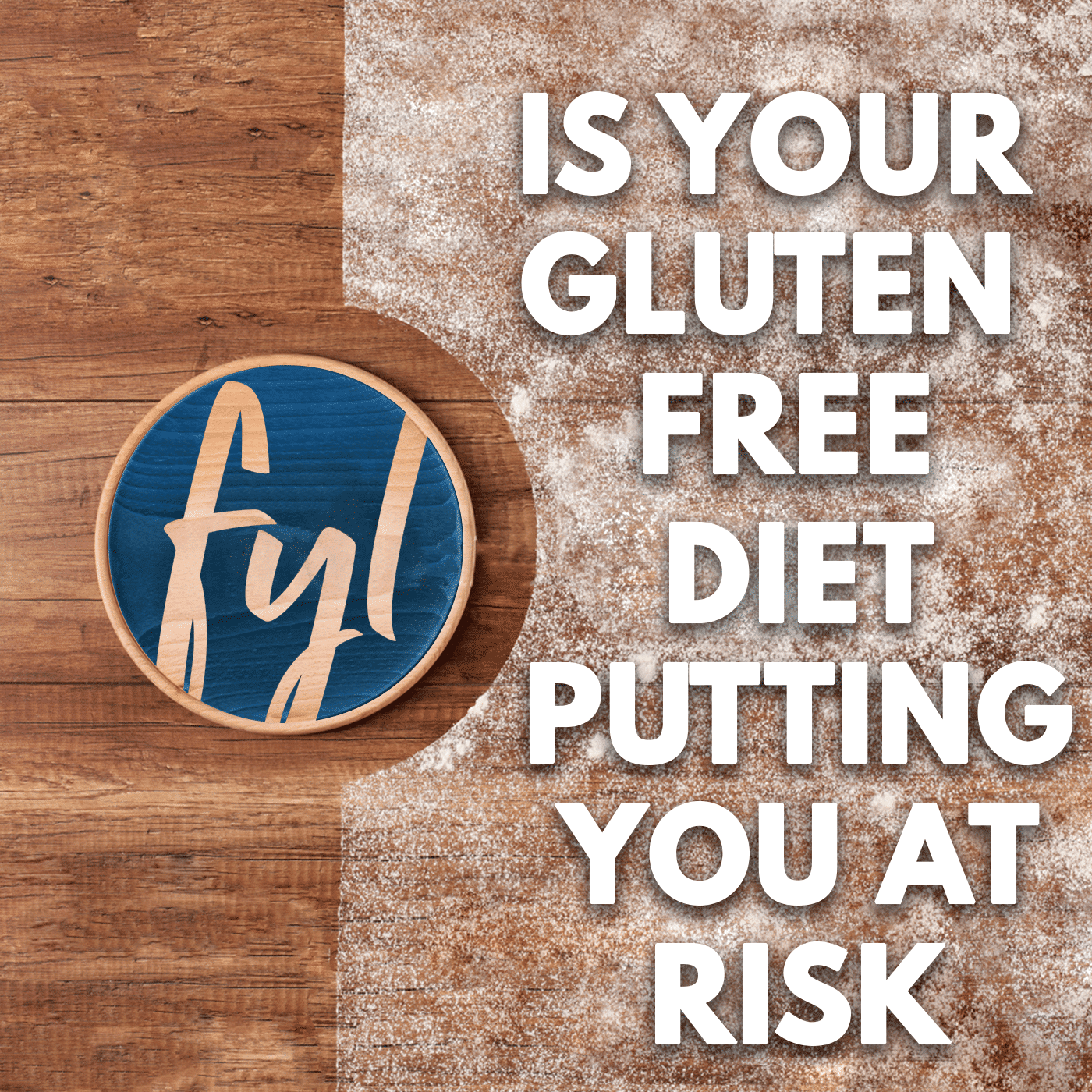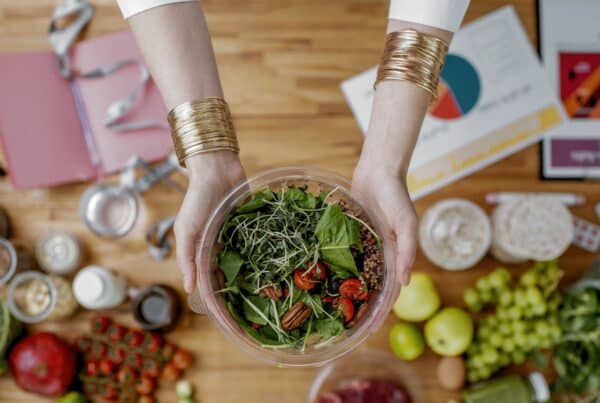In support of Coeliac Australia‘s Coeliac Awareness Week (March 13-20), we’ve decided to spotlight a number of resources for those who suffer from or are close to someone who suffers from Coeliac disease. In a nutshell, Coeliac disease is an auto-immune condition in which the body reacts abnormally to gluten. For those diagnosed with Coeliac disease, the only available ‘treatment’ a strict gluten-free diet 100% of the time.
However, the popularity of gluten-free diets has risen over the past few years. This follows linking the consumption of gluten to anything from bloating to autism. While the truth to these claims is still unknown, we do know that living a gluten-free diet (whether you need to or not) can be linked to a number of other health issues.
The Difference Between Coeliac Disease and Other Food Intolerances
In the case of bloating (when coeliac disease has been ruled out), it is more often an intolerance to the fructan component of wheat products rather than the gluten.
Fructans are fermentable carbohydrates. They can be found in:
- Wheat
- Rye
- Barley products
These carbohydrates can contribute to bloating, distension and abdominal discomfort in some individuals. Meaning that foods such as soy sauce, certain breads (e.g. spelt sourdough) and oats can be consumed without these gastrointestinal complains, despite containing gluten.
The Risk of Following a Gluten-Free Diet (If You Don’t Have Coeliac Disease)
So what’s the risk of following a gluten-free diet if you don’t have coeliac disease? Well, for starters, it’s restrictive when it doesn’t have to be.
Secondly, we know that gluten-free diets increase the risk of certain micronutrient deficiencies such as iron, zinc and B group vitamins. This likely stems from the fact that the majority of commercially available gluten-free products contain lower amounts of fibre and micronutrients, and higher amounts of added fats/sugars/salt that their gluten-containing counterparts.
For those with Coeliac disease, it is an absolute blessing to have so many gluten-free alternatives readily available on supermarket shelves but what most people don’t realise is the difference in nutrient quality of these options. They are marketed as being the healthier option (with the price tag to match) but unfortunately don’t often stack up nutritionally.
Our Advice When Following a Gluten-Free Diet
Enjoy more processed gluten free products in moderation but aim to base your daily diet around foods that are naturally gluten-free, such as legumes and pulse pasta, starchy vegetables (e.g. sweet potato), brown rice, quinoa, buckwheat and amaranth.
For those recently diagnosed with Coeliac disease, it is important to find a dietitian who will not only educate you on how to follow a strict gluten-free diet (i.e. discuss what you can and cannot eat, how to avoid cross-contamination etc) but also discuss how to best meet your general micronutrient needs. If left unaddressed, deficiencies of iron, zinc and B group vitamins can eventually lead to the development of conditions such as anaemia, impaired immune function and even depression.
If you are following a gluten-free diet for any reason, come and have a chat to one of Fuel Your Life’s Accredited Practising Dietitians who will be able to ensure you are meeting all your nutrient targets for general health and wellbeing.







